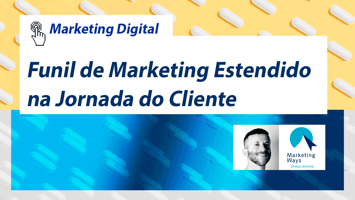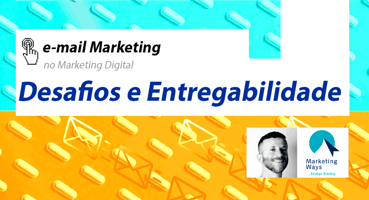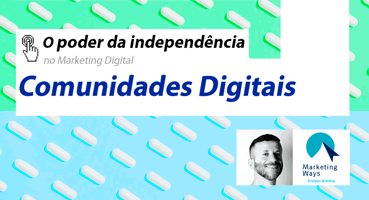Na era do Omnichannel ainda tem gente acreditando que a jornada do cliente, desde a descoberta,...
Why do you really need SEO?
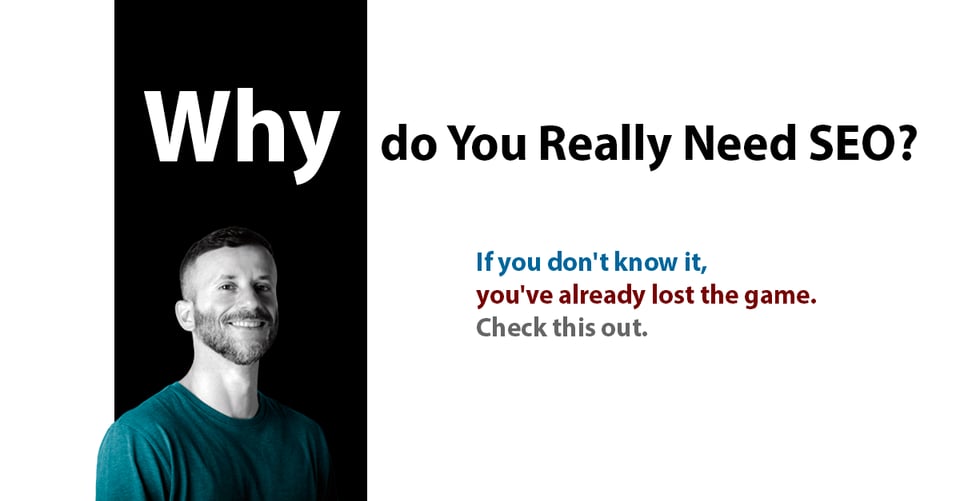
Foremost, SEO means Search Engine Optimization and stands for combination of digital strategies to maximize the visibility and deliverability of the right results for the user research terms. It is all about organic searching.
We are playing two different games over the digital marketing at the same time, and one of them has a countdown with big changes coming. Are you ready?
You probably already know about the new privacy requirements and the near horizon, closing many doors for paid campaigns with new barriers for collecting customer data.
Today, rising costs related to paid media, low conversion rates, gaps in customer retention, and the need to stay relevant and maintain engagement are part of daily business challenges.
SEO is a long run
Yes, based in quality content, strong segmentation and focus to create digital relevance and authority to lead and show the right choices to solve the users pains.
The biggest advantage about SEO is the possibility to decrease the acquisition costs for leads, bring the new customers already educated about your services.
It is important the understanding of customer's will, specially when they look for some subject on the web.
IF THEY SEARCH, THEY WANT IT. This is the action time.
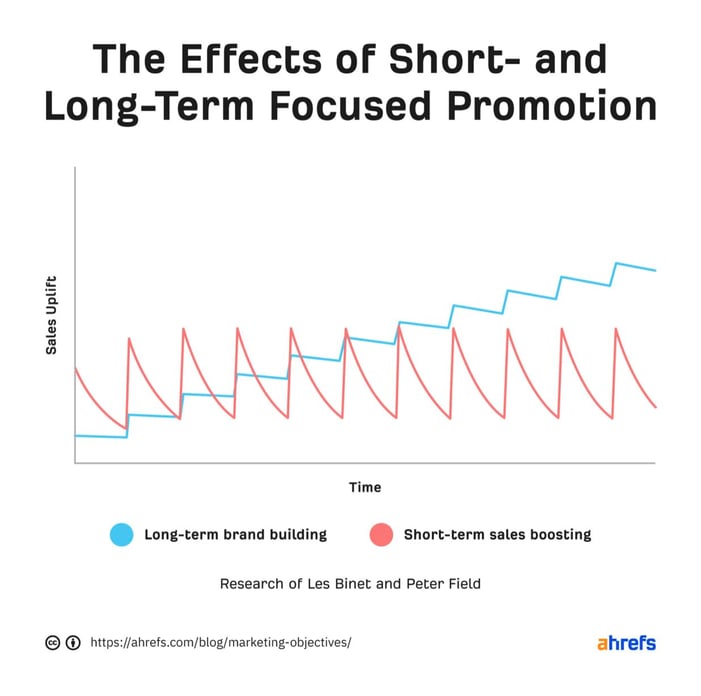
There are 3 TYPES OF SEARCHING:
- Informational
- Transactional
- Navigational
Therefore, your digital strategy needs to cover the different fields where your business could be considered.
The good content in bottom-line:
[ AUDIENCE ] + [ INFORMATION WHY ] + [ BENEFITS ]
The competition is hard, but adjusting the approaches, you will be able to build a solid basis of magnet contents and use them to lead the users across the next stage of the marketing funnel.
The customer journey demands the right available information to let them know more about your company, and the perks, and positive points to break the selling barriers.
- SEO combine techniques over keywords, headings, layout, heuristics, semantic, a lot of research, medias, copywriting, CRO, hierarchy, crawlers, metadata, scanning content, readability, navigation, UX, Links, URLs, cards, robots, sitemaps, structured data and so on…
- - - - - - - - - - - - - - - - - - -
For sure, you can use the PAID MEDIA.
But, if we have a solid basis to attract users by the organic search, the money invested on campaigns will bring more results if used to work with retention, and relationship, and brand awareness.
Understanding how cohorts work will give you better insight into finding the balance on acquisition cost.
Speaking of acquisition, organic search always involves the costs of content generation, marketing team, design, UX, website, and sales as well.
Usually SEO is sold as free, but it is not. The advantages are that the results last longer.
INTERESTING POINT about algorithm:
If you run paid campaigns, but the landing page break the ads promise, the Google algorithm will understand that your page isn't the best one available, what will make your (CAC) customer acquisition cost increase.
Good content tends to make the user spend more time on the site, creating a positive impact on the bounce rate, affecting digital authority. Have you seen the links?
- SEO and content strategy can lead all your communication and marketing efforts, just because you need to make the words/content match your sales team's speech, brand statement, customer success, roles, social media...
As I said before, SEO is a long-term campaign and will last longer than paid campaigns.
I have a lot to talk about digital strategy, but the today's point is an overview about SEO.
I hope you enjoyed!
- Is your brand or organization facing difficulties in structuring an efficient and strategic marketing?
Click and contact us to evaluate the opportunities for growth.
Por
Head of Marketing at Marketing Ways. Consultancy Specialist in 360º Marketing Strategies, Branding, e-commerce and Integrated Communication for Growth. Connecting Customers and Businesses.
#digitalmarketing #seo #campaigns #paidmedia #customerdata #privacy #acquisition #inboundmarketing #content #googleads #SEM #meta #retention #customersuccess #branding

